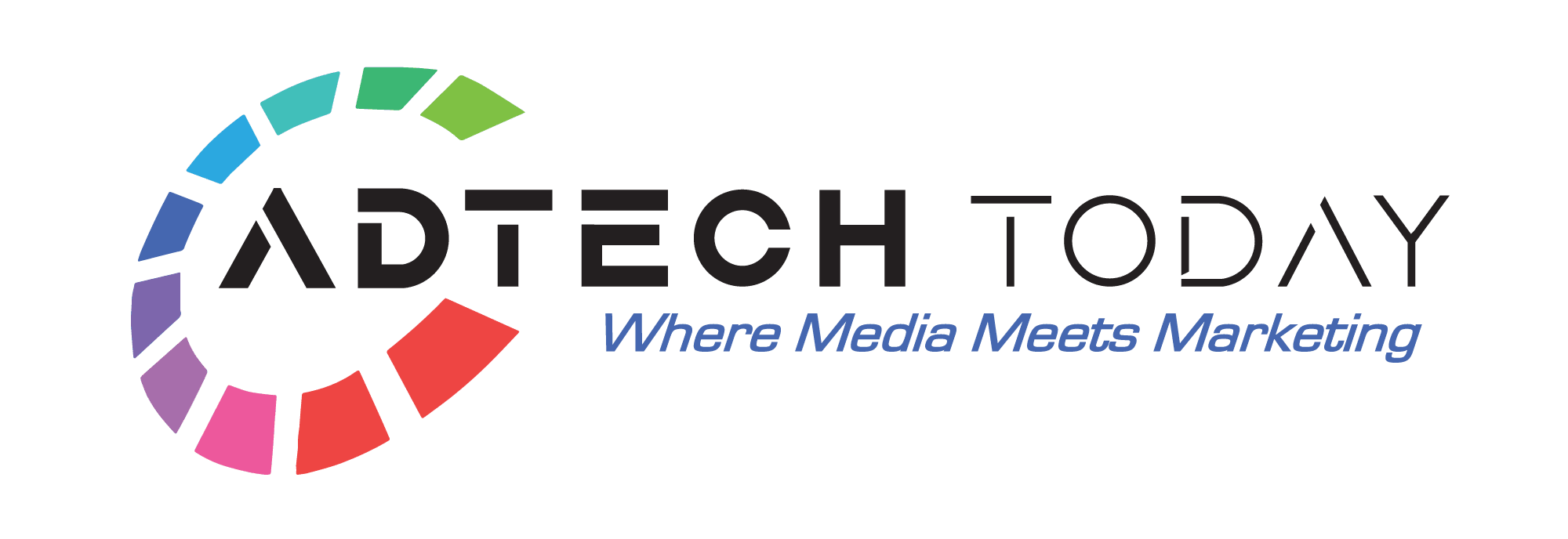Google’s Privacy Sandbox features will start appearing on Android phones next year. The move will make it possible for stakeholders in the mobile advertising ecosystem to prepare for a future where targeting and attribution will be more restricted.
After developer previews of Privacy Sandbox for Android 13 have led to its entry into beta to allow developers to test “private advertising solutions on mobile”. Ad tech and app developers will be able to use this beta with privacy-preserving APIs that don’t share user data with third parties or use cross-party identifiers.
There’s rapid progress being made on the Android version of Privacy Sandbox. Upon the start of the beta, developers and ad tech companies will be able to test many Android privacy sandbox APIs – Topics, FLEDGE, attribution reporting, and SDK Runtime more seriously.
Interesting Read: Privacy Sandbox By Google Shows Backdoor To The Third-Party Cookies.
Testing API’s
The Chrome Privacy Sandbox is incubating, and testing the mobile app versions of the three ads-related APIs: Topics, FLEDGE, and the attribution API.
Topics are designed to preserve privacy while showing relevant content and ads, and FLEDGE allows for remarketing and custom audience use cases. Attribution API is readily comprehensible.
SDK(Software Development Kit) Runtime is unique to Android Privacy Sandbox. It provides enhanced safeguards and guarantees around user data collection. This is done through a modified execution environment which limits data access rights and the set of allowed permissions.
The SDK Runtime, which separates advertising SDKs included by applications, will have a closed beta for developers to test Runtime-enabled SDK distribution to select apps because of the coordination required to test the SDK Runtime.
According to Google’s current policy, developers of third-party SDKs, such as in-app measurement companies, can share the same permissions as Android app publishers. In the latest proposals, publisher partners submit their SDK, which Google reviews and then approves or rejects.
In a nutshell, ad tech companies and developers interested in testing the Android versions of Topics, FLEDGE, and the reporting attribution API must enroll and verify. As part of the beta early testers program, they will also have to fill out a form. However, SDK Runtime remains in closed beta for a select number of apps. The blog said,
“To utilize the Beta release, developers will need to compile their solutions with an API level 33 SDK extension update that is coming soon.”
How different is Google from Apple?
Despite the fact that Google seems like a more collaborative partner in mobile than Apple, there’s much debate about how the future of identity will unfold. Google has not yet announced a formal deadline for when Android AdID, the mobile equivalent of the cookie, will be deprecated. In contrast to Apple’s SKAD network, which advertisers and developers have found volatile and non-transparent, Google’s framework offers more granularity and capability to effectively measure and target ads.
Google plans to roll out the initial Privacy Sandbox Beta to Android 13 mobile devices in early 2023. It will “start with a small percentage of devices and increase over time.” During this time, developers will continue to get access to the latest features before they are released to the public. Google is working with ad tech and app developers offering advice to advertisers and publishers in the blog post,
“We’ve heard from many advertisers and publishers about the role they can play in testing these new technologies. For companies that rely on third party solutions for ad serving or ad measurement, we recommend working with your providers to understand their testing roadmaps and how you can participate in early testing of Privacy Sandbox.”
Interesting Read:Google Makes Final Settlement In Location Tracking By Paying USD 391 Million
Author Profile

- Neha Mehta
- Neha started her journey as a financial professional but soon realized her passion for writing and is now living her dreams as a content writer. Her goal is to enlighten the audience on various topics through her writing and in-depth research. She is geeky and friendly. When not busy writing, she is spending time with her little one or travelling.
Latest Posts
 Interview and Guest PostMay 10, 2024Publicis Nilakshi Medhi: Crafting Impactful Campaigns Across Cultures
Interview and Guest PostMay 10, 2024Publicis Nilakshi Medhi: Crafting Impactful Campaigns Across Cultures Interview and Guest PostMay 3, 2024Havas Bruno Araldi: Crafting Brand Narratives Across Continents
Interview and Guest PostMay 3, 2024Havas Bruno Araldi: Crafting Brand Narratives Across Continents MarketingApril 24, 2024Coca-Cola and Microsoft Partner on Cloud and AI
MarketingApril 24, 2024Coca-Cola and Microsoft Partner on Cloud and AI Interview and Guest PostApril 19, 2024Insights from Publicis Amir Zeitouni: Navigating UAE’s Communication Landscape
Interview and Guest PostApril 19, 2024Insights from Publicis Amir Zeitouni: Navigating UAE’s Communication Landscape












